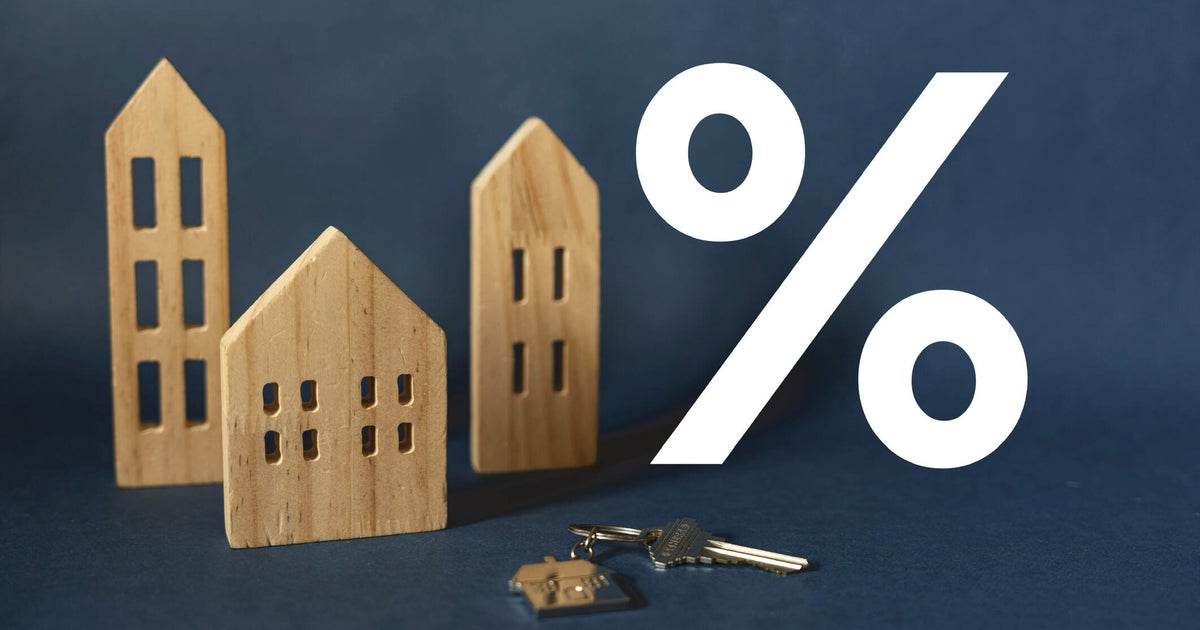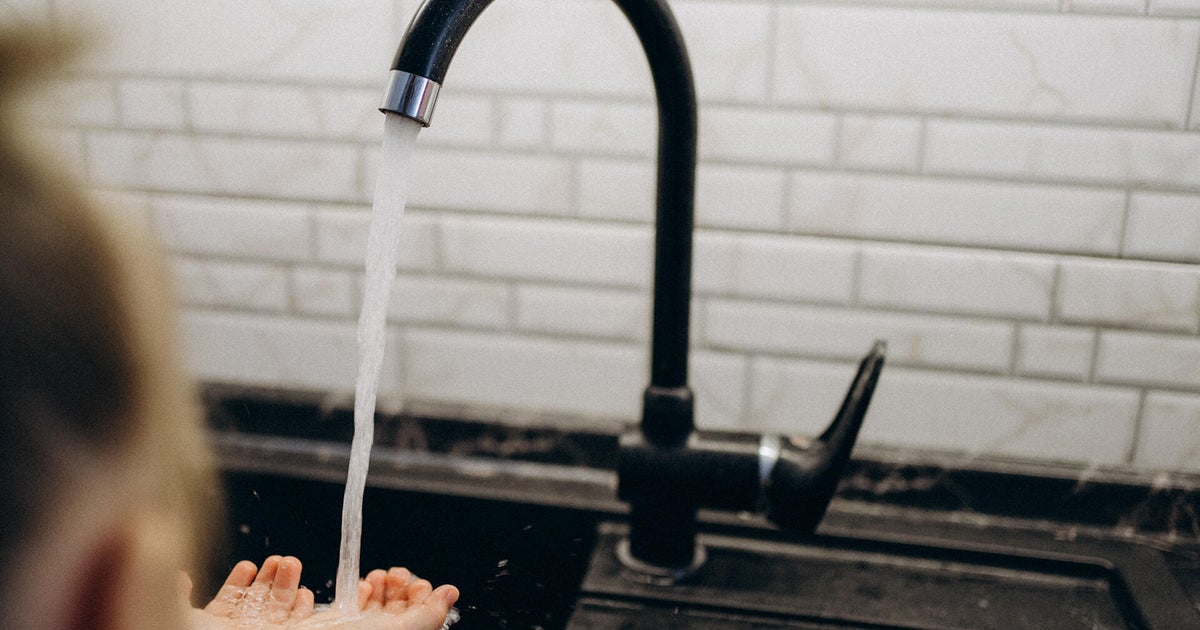How to get a good home equity loan rate while rates are high
Interest rates have been high for some time now, making it costlier to borrow money if you need it. Credit card interest rates currently average around 20%, and personal loan rates can reach as high as 36%, depending on your credit score and other factors.
The good news is that if you're a homeowner who's built enough value in their home, you can draw from that value using a home equity loan. These loans typically carry significantly lower interest rates than other financing options — at the moment, they average around 8%.
If you're searching for a way to fund a major expense, a home equity loan is worth considering. Read on to find out how you can get one at a good interest rate, even in today's rate environment.
View today's current home equity loan rates here.
How to get a good home equity loan rate while rates are high
Interest rates may be high, but you can still take steps to lower your home equity loan rate. Here are four to know.
Shop around
You're not stuck with your original mortgage lender when it comes to taking out a home equity loan. There are lots of lenders out there, and they're all competing for your business. Do your research and compare top offers to make sure you're getting the best rate available. You can always approach your current lender with your findings to see if they'd be willing to provide a competitive rate to keep your business.
Start your home equity loan search by comparing interest rates online now.
Don't borrow more than you need
You can typically borrow up to 85% of your total home equity, but that doesn't mean you should. The higher your loan amount, the greater your rate is likely to be and the more interest you'll pay. So, carefully calculate how much you really need to borrow and only take out that amount. There's no point in paying interest on money you won't use.
Boost your credit score
Your credit score is an important factor lenders consider when determining your interest rate. If yours is low, taking some time to improve it can help you secure a lower rate. Aim for a score in the mid-to-high 600s at the least. The higher you can get it, the better your rate may be.
Consider a variable-rate loan
Most home equity loans have fixed interest rates, which means you're locked into the rate in effect when you take out the loan. If rates go down, you won't benefit from them. In a high-interest-rate environment, a loan that offers a variable interest rate could be worth considering.
"Today's interest rates are likely higher than they will be longer term, therefore choosing a variable rate is the wiser option in many cases," Julia Colantuono, CFP, APMA, financial planner and founder of One Financial Design, previously told CBS News.
That said, a variable rate means you also run the risk of paying more if rates go up. If you'd prefer to have a fixed, reliable payment you can budget for each month, Colantuono advises that you can always refinance the loan should rates go down.
Find out how much you could borrow by exploring home equity offerings here.
The bottom line
High interest rates don't have to deter you from taking out a home equity loan. By shopping around, borrowing only what you need and boosting your credit score, you can improve your chances of securing one of the lowest rates currently available. Variable-rate loans and are also worth looking into, as are HELOCs if you don't need a lump sum immediately.




